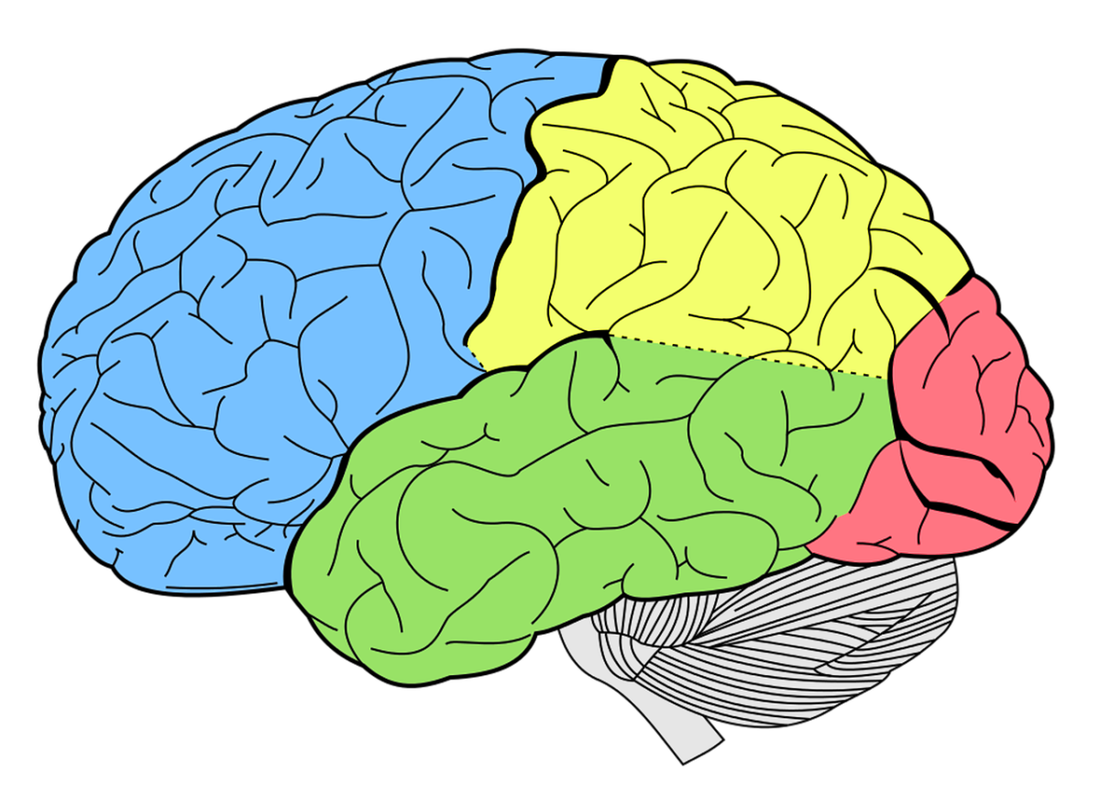|
Research into dyslexia has advanced further than research into other neurodevelopmental disorders such as ADHD. While this is exciting news, looking over studies can be a little overwhelming. This is why we are happy to have come across a piece which highlights some of the exciting new research being conducted. We heard it on Boston’s NPR news station, WBUR, and would like to share the key points of the program with you. We hope that you find this information as exciting as we do! As mentioned in previous blog posts, dyslexia continues to be misunderstood, and identification and intervention are often not smooth processes. Students continue to struggle with overcoming misconceptions about dyslexia, and as one student described, are forced to deal with the burden of explaining that they are “not stupid….just dyslexic” to their peers. Hearing about the difficulties faced by students with dyslexia is heartbreaking and it’s tough to hear of the often painful and time consuming workarounds which students use to compensate for their reading difficulties. The good news is that new research has the potential to aid in early identification of dyslexia, and in turn help children avoid the stigma that comes with this learning difference.
A promising study investigating the genetics of dyslexia is being conducted at Boston Children’s Hospital in collaboration with neuroscience work at MIT. It shows that it is possible to pick up some of the signs of dyslexia in the brain earlier than we thought before- even before kids learn to read. In preliminary findings, researchers share that “brain measures taken in kindergartners […] can significantly improve predictions of how well, or poorly, the children can master reading later on.” This is thanks to having pin pointed a specific neural pathway, called the arcuate fasciculus, that appears to be related to dyslexia. While scientists agree that we’re not able to simply take a picture of a brain and predict whether or not a child will have dyslexia, research is currently conducted to get closer to that point. Nadine Gaab, a neuroscientist and assistant professor of pediatrics at the Children’s Hospital, theorizes that “even at birth, or shortly after, children’s brain structures can show signs of developing the disorder.” She hopes that current research will trickle down to classrooms and help eliminate the “dyslexia paradox.” This paradox centers around the fact that while early interventions are the most effective, a student has to have several years of reading failure before they can receive the diagnosis of dyslexia and the interventions that follow. This new finding may start to influence how dyslexia is tackled and can go a long way in providing those with dyslexia with earlier interventions. These interventions could in turn allow the effects of the learning difference to be addressed before they affect learning ability in a more severe way, and would give students with dyslexia a self esteem boost, and, maybe most importantly, a chance to realize how amazing and full of talent and creativity they are. Dr. Eric Falke, director of cognitive interventions and research at the Carroll School- a school specializing in language-based learning disabilities, captures the importance of early intervention when he states that “a small intervention earlier on could potentially have a huge impact on a person’s life.” While the study isn’t finished yet, and it might be some time before its results are implemented in the form of fitting interventions and supports, as one parent states, the prospect of earlier intervention for children with dyslexia “gives the entire community […] an opportunity to just keep kids away from seeing themselves as not smart or worthless, and seeing them really reaching amazing potential.” We think that this is huge. We will follow the research discussed in this post and let you know of the final outcomes of the study, as well as any possible applications of the research as they appear. For your convenience, here is the link to the article. http://www.wbur.org/commonhealth/2014/12/25/2014-commonhealth-year-of-the-brain
1 Comment
|
Tutoring |
JOIN OUR MAILING LIST
|
Contact Us |
Integrative Learning is not Lindamood-Bell Learning Processes. Integrative Learning is not affiliated with, certified, endorsed, licensed, monitored or sponsored by Lindamood-Bell, Nanci Bell, Phyllis Lindamood or Patricia Lindamood. Lindamood-Bell – an international organization creating and implementing unique instructional methods and programs for quality intervention to advance language and literacy skills – in no way endorses or monitors the services provided by Integrative Learning
Copyright © 2024 Integrative Learning
Website by McCullough Web Services
Website by McCullough Web Services


